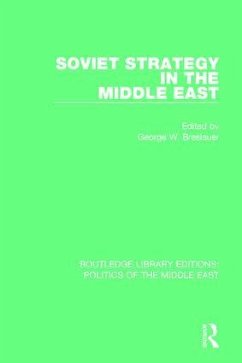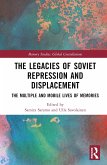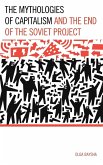Few regions of the world are as politically turbulent as the Middle East, and nowhere is the potential for superpower conflict greater. How does the Soviet Union view the Middle east conflict? Can the USSR play a constructive role in the peace process? In this volume, first published in 1990, these questions and others central to an understanding of Soviet strategy in the region are addressed. Previous analysts of Soviet-Middle Eastern relations have tended to emphasize either the cooperative or the competitive aspects of Soviet behaviour. Breslauer instead offers the multidimensional concept of 'collaborative competition' to describe the mixed motives, ambivalence, and sometimes conflicting perspectives that have informed Soviet strategy in the region. In such an unstable environment. this strategy of collaborative competition has in turn encouraged 'approach-avoidance' behaviour; for example, while the Soviets may seek to moderate their radical allies, they remain fearful that these allies, once moderated, might defect to US patronage. Under Gorbachev, the Kremlin continues to pursue this same strategy but with increased attention to improving collaboration, redefining the nature of the competition, and easing the approach-avoidance dilemma. Breslauer argues that these changes could lead to more flexible Soviet behaviour in the region. This volume combines new, in-depth research on Soviet policy with new interpretations, including insights drawn from relevant theories of international relations.
Hinweis: Dieser Artikel kann nur an eine deutsche Lieferadresse ausgeliefert werden.
Hinweis: Dieser Artikel kann nur an eine deutsche Lieferadresse ausgeliefert werden.








